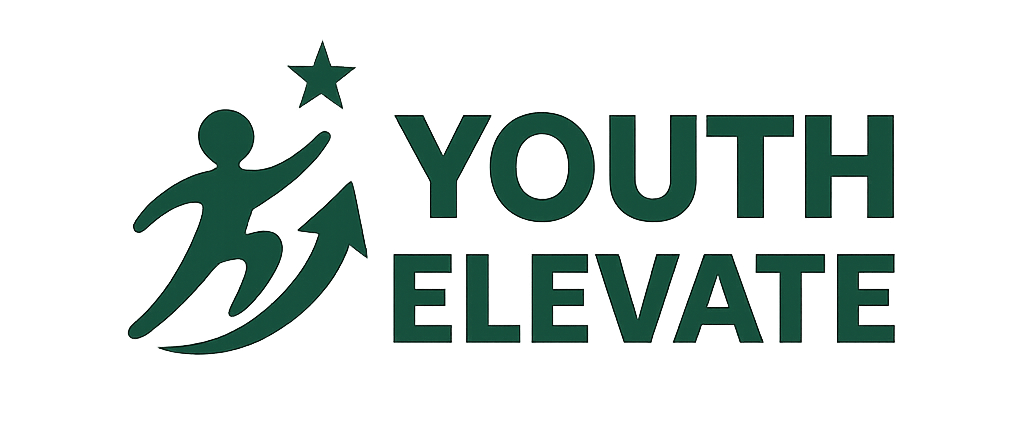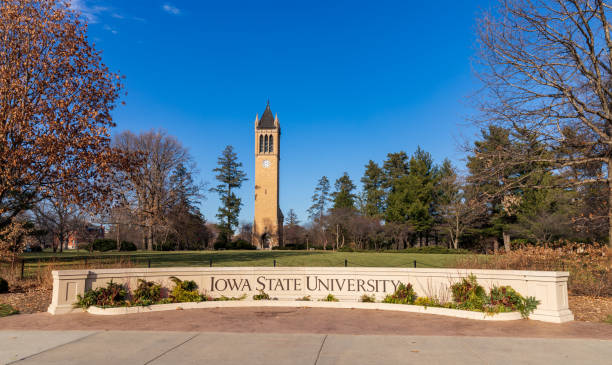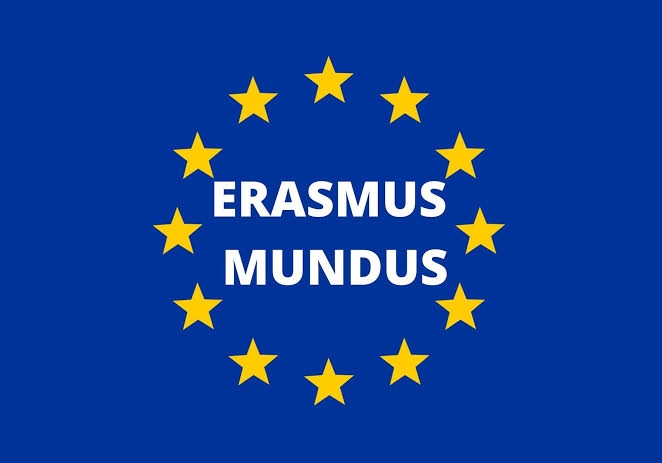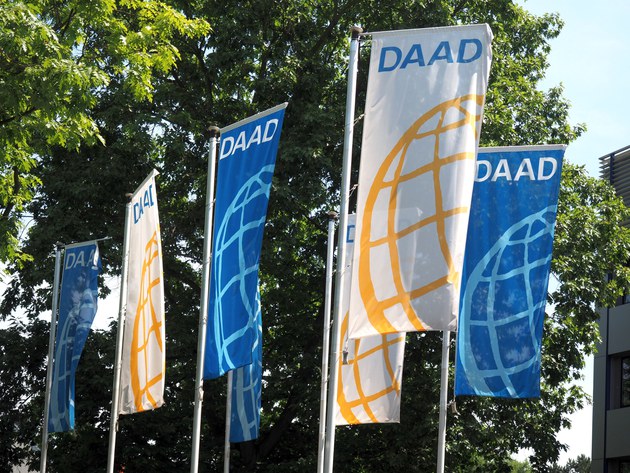Borel Global Fellows Program 2026 — Iowa State University (Up to $25,000/yr)
Graduate scholarships for students from Sub-Saharan Africa — full details, eligibility, application steps and expert tips.
Program Overview
The Borel Global Fellows Program at Iowa State University is a purpose-driven fellowship that supports graduate students from Sub-Saharan Africa who intend to return home to contribute to sustainable agriculture, food security, and improved livelihoods. Funded through a generous gift by ISU alumni Jim and Marcia Borel, this fellowship enables talented scholars to pursue Master’s and PhD degrees in the College of Agriculture and Life Sciences while gaining practical experience that they can apply in their home countries.
Fellows typically receive support in the form of graduate student stipends — up to a maximum of $25,000 per year — along with additional funding for research travel to and from Africa. The program prioritizes candidates whose research and career goals align with strengthening food systems and agricultural resilience across Sub-Saharan Africa.
Quick Scholarship Snapshot
Why the Borel Global Fellows Program Matters
Food and nutrition security remains a pressing challenge across many Sub-Saharan African communities. The Borel Global Fellows Program specifically aims to train scientists who will return to their home countries as knowledge leaders — capable of designing, implementing, and scaling solutions that improve productivity and resilience for smallholder and subsistence farmers.
By combining rigorous academic training at ISU with an expectation of research and engagement in Sub-Saharan Africa, the fellowship ensures that policy-relevant research and practical interventions are closely linked to the contexts where they will be applied. This “learn here, apply there” model maximizes impact and strengthens local capacity.
Benefits & What the Funding Covers
The Borel Global Fellows Program provides a flexible support package tailored to graduate student needs. Benefits typically include:
- Graduate stipends: Funding of up to $25,000 per year to support living expenses and student stipends — this may be allocated as stipend, research support, or a combination as determined by the department and faculty mentor.
- Duration of support: Up to 30 months for Master’s students and up to 42 months for PhD students (program-dependent).
- Research travel funds: Additional funding for travel to and from Africa to conduct field research, data collection, or collaborative projects.
- Mentorship & access: Placement in a research group within the College of Agriculture and Life Sciences with faculty mentorship and access to research facilities.
Note: The total award structure may vary according to the specific department and research plan. Funding is intended to cover a major portion of stipend and research expenses, while the major professor may commit to supporting remaining costs (e.g., tuition or additional research needs).
Eligibility Requirements — Who Should Apply
To be considered for the Borel Global Fellows Program, applicants must satisfy these core eligibility conditions:
- Be admitted (or in the process of admission) to a graduate program within Iowa State University’s College of Agriculture and Life Sciences.
- Be a citizen of a Sub-Saharan African country.
- Demonstrate a commitment to addressing food and nutrition security and a plan to contribute professionally to Sub-Saharan Africa after degree completion.
- Commit to completing a significant portion of their graduate research in Sub-Saharan Africa as part of their dissertation or master’s project.
- Show intention and capacity to return to Sub-Saharan Africa to work and apply their research (the program emphasizes “return and impact”).
Because applications are submitted by faculty on behalf of students, prospective applicants should first identify a potential major professor or research group in relevant ISU departments and obtain faculty support before formal submission.
Who Typically Applies — Fields & Profiles
The fellowship commonly supports students whose work falls within agriculture, natural resource management, soil science, crop science, animal science, food systems, nutrition, rural livelihoods, and related interdisciplinary areas. Successful applicants often have:
- Relevant undergraduate degrees (e.g., agriculture, biology, environmental science, nutrition, economics).
- Some research experience or practical fieldwork related to agricultural systems.
- Clear research questions with direct relevance to Sub-Saharan Africa.
- Strong communication skills and leadership potential to influence policy, practice, or extension services back home.
Required Documents & Application Components
An application package for Borel support generally includes the following elements — note that applications are submitted by faculty, not directly by students:
- Completed application form (as required by the Borel program or advising office).
- Cover letter from the major professor describing financial commitment, supervision plan, and support for the student’s research in Sub-Saharan Africa.
- Student curriculum vitae (CV) highlighting academic history, research experience, and relevant skills.
- Student goal statement (research and career goals), describing intended fieldwork, timeline, and the anticipated impact of research in Sub-Saharan Africa.
- Admission letter or proof of acceptance into a graduate program (where available) — faculty may submit applications for students who have already been accepted.
Because requirements may be updated, applicants and faculty should consult the College’s Borel program page or the relevant departmental graduate coordinator for the exact submission checklist and format.
How to Apply — Process & Timeline
The Borel Global Fellows Program follows an annual cycle with a common deadline of January 15 (each year). Applications are not accepted directly from students; instead, the major professor or department submits a complete application package on behalf of the student. Follow these practical steps:
- Identify a faculty mentor: Contact potential major professors in departments aligned with your research interests within the College of Agriculture & Life Sciences. Discuss your proposed research and plan for fieldwork in Sub-Saharan Africa.
- Secure faculty commitment: The major professor must prepare a cover letter that indicates their commitment to cover remaining costs (if any) and to supervise the student’s research and fieldwork.
- Prepare the student materials: Draft a clear CV and a focused goal/statement that explains the research question, proposed methods, and the intended impact in Sub-Saharan Africa.
- Faculty submission: The major professor submits the full package to the Borel program administrators by the announced deadline (usually January 15).
- Review & selection: Applications are reviewed by program administrators and faculty panels; successful students are notified and support is arranged in coordination with the department.
Because the program emphasizes research in Africa and post-graduation return, strong fieldwork plans and well-developed partnerships with institutions or communities in Sub-Saharan Africa significantly strengthen a proposal.
Tips to Maximize Your Chances
To make your application competitive, consider these practical tips:
- Begin early: Reach out to potential advisors at least 3-6 months before the deadline to co-design a research plan.
- Be specific: Your goal statement should include clear research objectives, methodology, expected outputs, and a fieldwork timeline.
- Show commitment to impact: Describe how your research will be implemented in Sub-Saharan Africa and who the intended beneficiaries are.
- Forge partnerships: If possible, identify in-country collaborators (universities, NGOs, extension services) who will facilitate fieldwork and knowledge exchange.
- Budget realistically: Work with your major professor to outline how Borel funds will be used and what other sources will cover tuition, fees or additional research costs if needed.
- Proofread and polish: Clear, concise writing and a professional CV reflect seriousness and preparedness.
Frequently Asked Questions (FAQ)
- Q: Who can apply for the Borel Global Fellows Program?
- A: Citizens of Sub-Saharan African countries who are admitted (or applying for admission) to graduate programs within Iowa State’s College of Agriculture and Life Sciences may be nominated by an ISU faculty member.
- Q: How much funding is available?
- A: The program provides funding up to $25,000 per year for graduate stipends (the structure may combine stipend and research support). Additional funds for travel to Africa for research are also available.
- Q: Can I apply directly as a student?
- A: No — applications must be submitted by an Iowa State faculty member (major professor). Students should secure a faculty sponsor to submit the package on their behalf.
- Q: What is the application deadline?
- A: Historically, the program’s application due date falls on January 15 each year. Confirm the current year’s deadline on the official program page.
- Q: Is there an expectation to return to Africa after graduation?
- A: Yes — a strong expectation of the program is that fellows will return to Sub-Saharan Africa to apply their training to address local food and nutrition security challenges.
- Q: What disciplines are eligible?
- A: The fellowship primarily supports agriculture and life sciences related fields — including crop and soil sciences, animal sciences, food security, nutrition, rural development, and related interdisciplinary areas.
Conclusion & Next Steps
The Borel Global Fellows Program is an exceptional opportunity for Sub-Saharan African scholars committed to solving agricultural and nutritional challenges in their home contexts. If you have a clear research question with direct relevance to Sub-Saharan Africa, strong faculty support at Iowa State, and a plan to conduct field research and return to make an impact, the Borel fellowship can provide life-changing support.
Start by identifying potential faculty mentors in the College of Agriculture & Life Sciences, prepare a focused goal statement, and work with your prospective major professor to craft a strong proposal. Remember that applications are submitted by faculty; build that partnership early and clearly.
APPLY NOW! Join Our Telegram Channel











